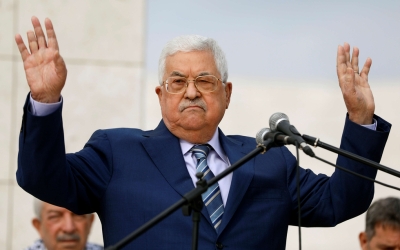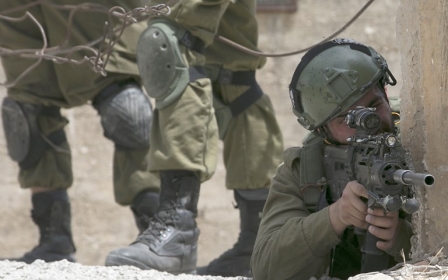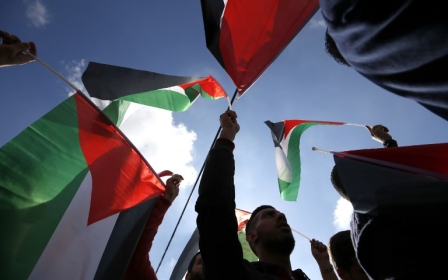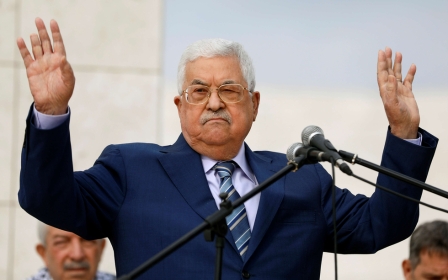Who is the new Palestinian prime minister?
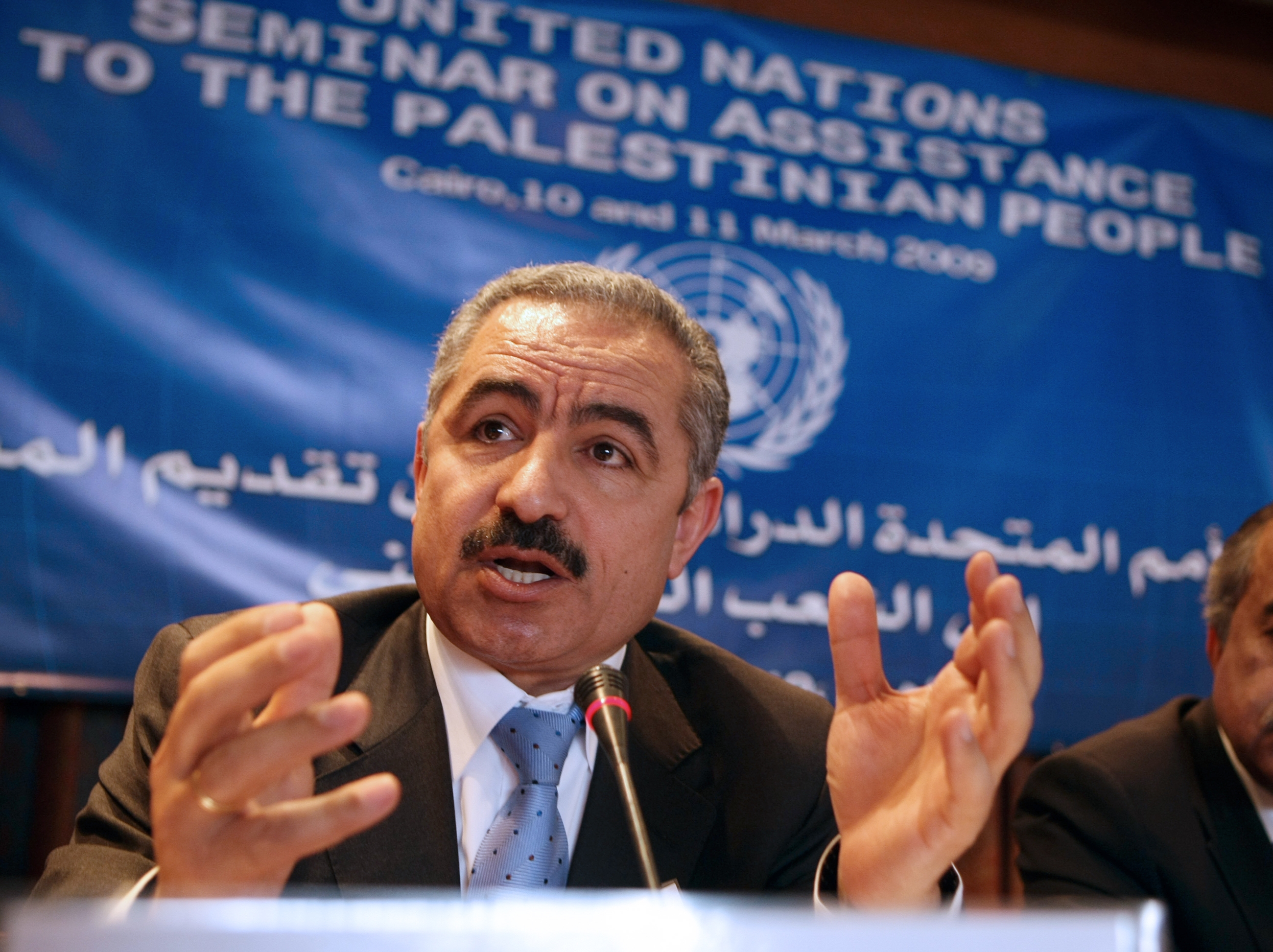
As part of a major shakeup by Palestinian President Mahmoud Abbas, Mohammed Shtayyeh was on Sunday named Palestine’s new prime minister.
But who is he?
Well, unlike his predecessor, the politically independent Rami Hamdallah, he is a long-term Abbas ally.
Furthermore, Abbas’s choice of a Fatah official as prime minister is considered an attempt to please the movement, which wasn’t satisfied by Hamdallah and never accepted former premier Salam Fayyad before that, as they were both seen inconsistent with the movement’s positions.
Mohammed Ibrahim Shtayyeh was born in 1958 in the Palestinian village of Tel, near the city of Nablus, and lived there until moving to Birzeit University in Ramallah where he studied economics and business.
New MEE newsletter: Jerusalem Dispatch
Sign up to get the latest insights and analysis on Israel-Palestine, alongside Turkey Unpacked and other MEE newsletters
His studies then took him to Brighton, England, where he received a PhD in economic development in 1989.
Shtayyeh largely stayed in academia until the early '90s, though he also briefly worked as a journalist for a newspaper called al-Shaab.
However, in 1994 he started making waves in Palestinian politics, co-founding the Palestinian Economic Council for Development and Reconstruction (PECDAR), an institution that shapes and builds development policies for the Palestinian Authority.
Under late Palestinian leader Yasser Arafat, Shtayyeh took administrative and financial responsibilities at PECDAR, later becoming the body’s president.
He also founded the National Institute of Information Technology as an attempt to help develop Palestinians’ skills and meet Palestinian development needs, and the National Institute of Management, which trains the cadres of the PA.
Making waves abroad
Shtayyeh’s apparent nous for development has made international cut-through.
In March 2002, Shtayyeh helped establish the Monaco Club, an informal group of individuals with political weight who seek to develop relations between the countries of the Eastern Mediterranean and a just solution to the Israel-Palestine conflict.
In December of the same year, Shtayyeh accepted membership of the World Innovation Foundation, which focuses on global cooperation through scientific and economic means. Many members are Nobel laureates.
Meanwhile, in 1997, Shtayyeh was awarded France’s Order of the First Class Knight, presented by French President Jacques Chirac.
Palestinian politics
On the Palestinian political level, Shtayyeh was elected in 2009 as a member of the Fatah Central Committee, and in 2010 played an important role in negotiations with Israel in Washington.
Prior to that, as the secretary-general of the Palestinian Election Commission, he negotiated with Israel in preparation for 1996’s presidential and legislative elections, the first since the 1993 Oslo Accords.
He was also the head of the Palestinian delegation to the multilateral negotiations on regional economic cooperation (REDWG), which deals with trade, finance, infrastructure and tourism in the Middle East.
And from 1993-2004, Shtayyeh was also a member of the Palestine Liberation Organisation’s Steering Committee of the Technical Committees in Jerusalem.
Shtayyeh is also a man of letters. He has authored 30 books in both Arabic and English.
One of his first works was Ein Karem: A Destroyed Palestinian Village, published by Birzeit University Research Centre in 1982. His most recent work was published in English by the Pecdar Foundation in 2016, entitled Israeli Settlements and the Two-State Solution.
This article is available in French on Middle East Eye French edition.
Middle East Eye delivers independent and unrivalled coverage and analysis of the Middle East, North Africa and beyond. To learn more about republishing this content and the associated fees, please fill out this form. More about MEE can be found here.


